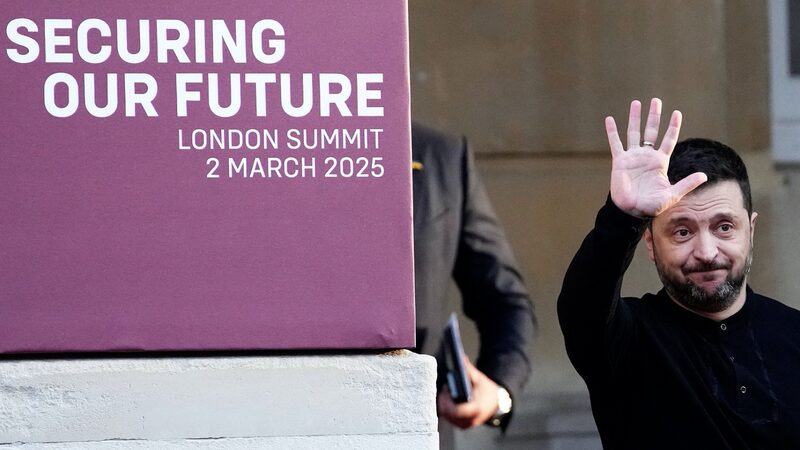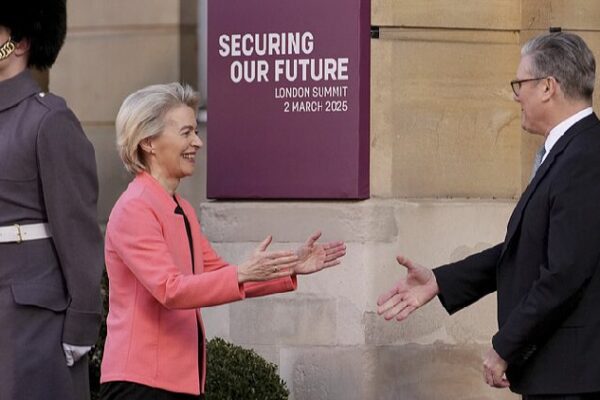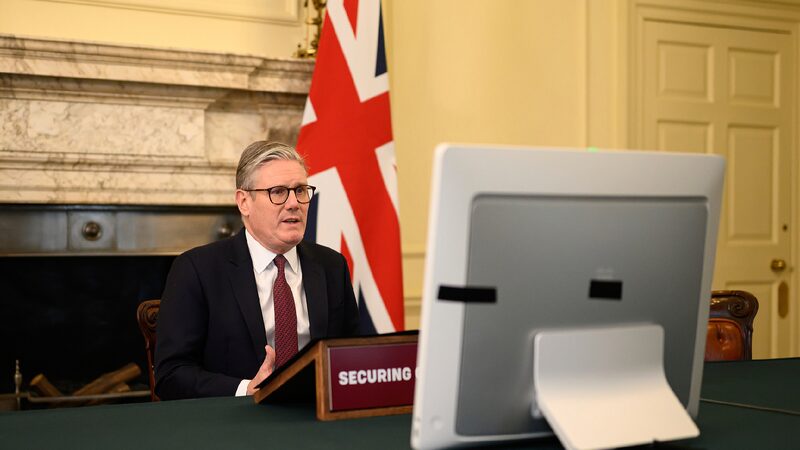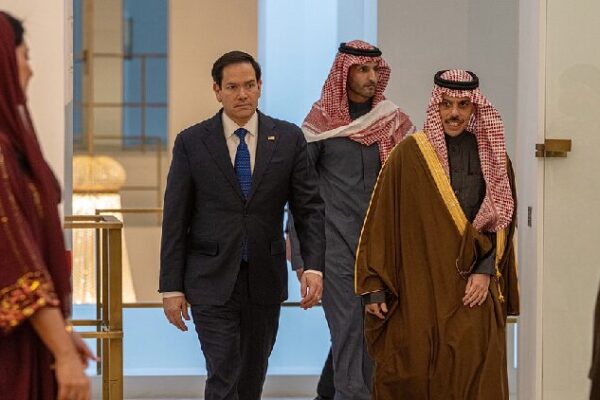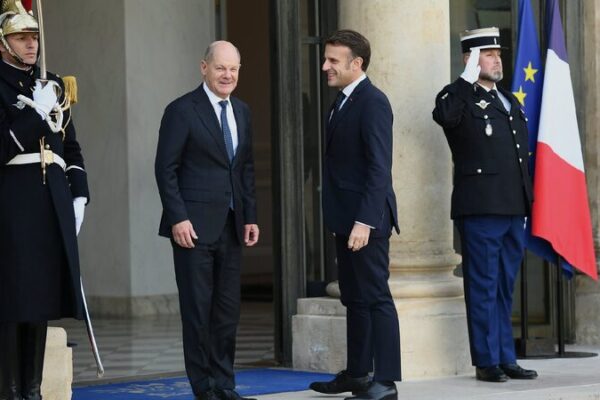London, UK — In a landmark summit on Sunday, Western leaders, including over a dozen European heads of state and Canadian Prime Minister Justin Trudeau, gathered in London to show unwavering support for Ukraine. They pledged increased security spending and announced plans to form a coalition to defend any future truce in the region.
British Prime Minister Keir Starmer unveiled a comprehensive four-step plan to guarantee peace in Ukraine:
- Maintain military aid to Ukraine while the conflict continues.
- Increase economic pressure on Russia.
- Ensure lasting peace that guarantees Ukraine’s sovereignty and security, with Ukraine participating in all negotiations.
- Deter future invasions by establishing a “coalition of the willing” to defend Ukraine and uphold peace.
“Europe must do the heavy lifting,” Starmer emphasized, noting the necessity of U.S. backing. “Let me be clear, we agree with U.S. President Donald Trump on the urgent need for a durable peace. Now we need to deliver together,” he added.
Ukrainian President Volodymyr Zelenskyy expressed gratitude for the show of unity. “European unity is at an extremely high level not seen for a long time,” he wrote on Telegram. “We are all working together in Europe to find a basis for cooperation with America for true peace and guaranteed security.”
European leaders highlighted the need to boost defense spending to strengthen their position. “After a long time of underinvestment, it is now of utmost importance to step up defense investment for a prolonged period of time,” said Ursula von der Leyen, President of the European Commission.
Questions of Autonomy
The summit occurred amid diplomatic tensions following a heated exchange earlier in the week between Zelenskyy and President Trump at the White House, which led to the cancellation of an anticipated raw materials deal between the two countries.
Zhao Huirong, a research fellow at the Institute of Russian, Eastern European, and Central Asian Studies of the Chinese Academy of Social Sciences, expressed doubts about Europe’s strategic autonomy. She noted that while countries like the UK, Germany, and France have shown strong support, their future actions depend on their concerns over the geopolitical landscape and perceived security threats.
“It’s still too early to say their attitude will always be that way,” Zhao remarked, citing potential shifts in U.S. policies and internal differences within European nations as influencing factors.
Not all leaders shared the same perspective. Hungarian Prime Minister Viktor Orban posted on X: “European leaders decided in London today that they want to go on with the war instead of opting for peace. This is bad, dangerous, and mistaken. Hungary remains on the side of peace.”
U.S. Participation Crucial
While Europe is stepping up its efforts, much depends on whether the U.S. is willing to play its part. U.S. Secretary of State Marco Rubio said on ABC’s “This Week” program, “We’ll be ready to reengage when they’re ready to make peace.” However, National Security Adviser Mike Waltz indicated uncertainty, stating it was not clear if Zelenskyy was ready to negotiate an end to the war.
The summit concluded with a seemingly united European front backing Ukraine and promises of increased military support. The path to lasting peace remains complex and will require cooperation across continents.
Reference(s):
cgtn.com
